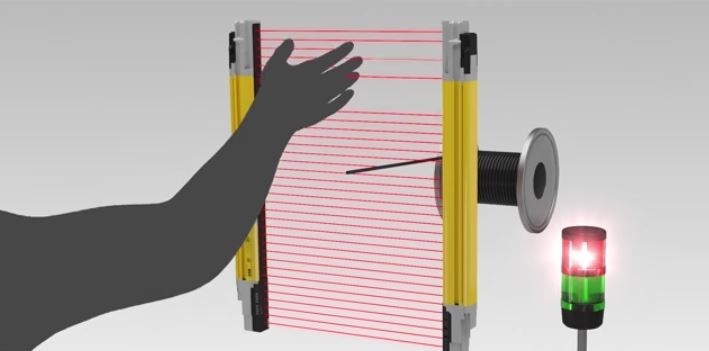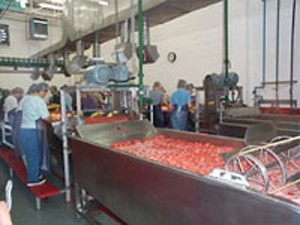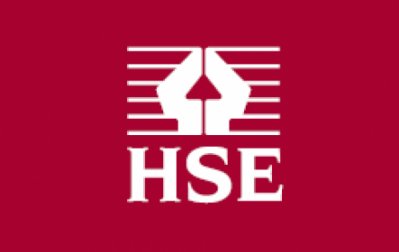Safety procedures must be developed in food processing plants

It is not uncommon for employees to have accidents with these machines during operation, resulting in large fines for the plant’s owner and even fatalities. Therefore, it is critical that companies follow functional safety regulations.
In 2014 in the UK, a large food manufacturer had to pay a £800,000 fine after a serious industrial accident. An engineer was trapped by the machinery while examining a conveyor belt and suffered major injury and ongoing nerve damage.
An investigation revealed this dangerous accident could have been prevented if a guard was in place on the machine.
Across the globe, there are a variety of regulations for food processing plants. In particular, North America and Europe have strict regulations for safety in these potentially dangerous environments. This also applies to the safety of employees in the processing plants and employers who fail to make adequate safety considerations can face large fines. Not only can these authorities enforce these in the case of accidents, they can be enforced during regular inspections.
In Europe, the Machinery Directive 2006/42/EC requires machinery to be designed and built so it can be used safely. In food processing plants, there are many dangerous machines for which plant managers should follow safety regulations, or the plants may face closure or high fines.
Machines such as decanters operate at high centrifugal forces and it is not unknown for the machine's g-forces to reach more than 2,000 times gravitational force. This is clearly a dangerous environment for employees to work in, however as these machines are essential for use, the key concept is the management of risk.
In the 1970s, the increase in heavy machinery such as the creation of the steel press led to increased safety guards. Since then, many safety conscious companies undertake a risk analysis in the initial stages of machine development.
In the case of decanters, it is not possible to remove the risk, but it is possible to mitigate the risk to an acceptable level by putting safety guards such as enclosures or emergency stops into place.
As companies become more knowledgeable about regulations and regulations become more stringent, the need for retrofitting old equipment with additional safety measures may arise. Although it may seem instinctive, where there is a dangerous moving machine, the safest answer is not always to shut it away behind an enclosure or barrier.
In the food processing industry, companies should consult functional safety experts who have experience in the sector. The experts will for example suggest equipment such as a light grid, which performs an emergency stop on a machine when a light grid is broken by an object.
These devices are more appropriate for the food processing sector than using physical guards or barriers as they allow easier access for maintenance and washdown, which is essential for hygiene in food processing plants.
Managers of food processing plants in all countries, regardless of the country’s regulations, should consider safety as a priority in their plant. From the safety of single pieces of equipment to line safety and then plant safety, plant managers need to be aware of what they can do to mitigate risks.
Plant managers not only have a responsibility to put in place an accurate safety strategy to protect their employees, but they need to protect their businesses from costly infringements of worldwide safety regulations, as proven in many cases gone by.’
Jorgen Saxeryd, is a safety products and functional safety advisor, ABB.


























